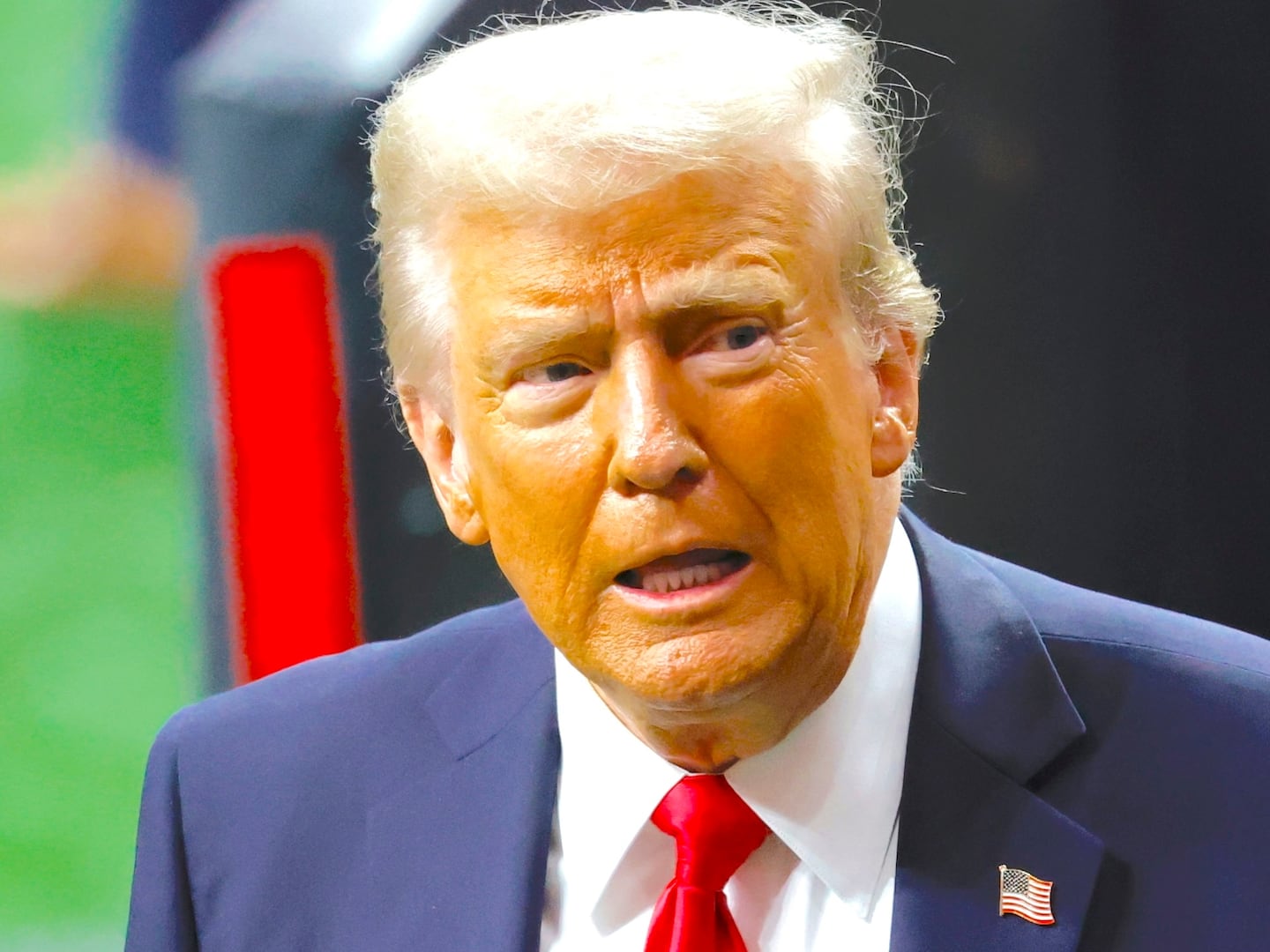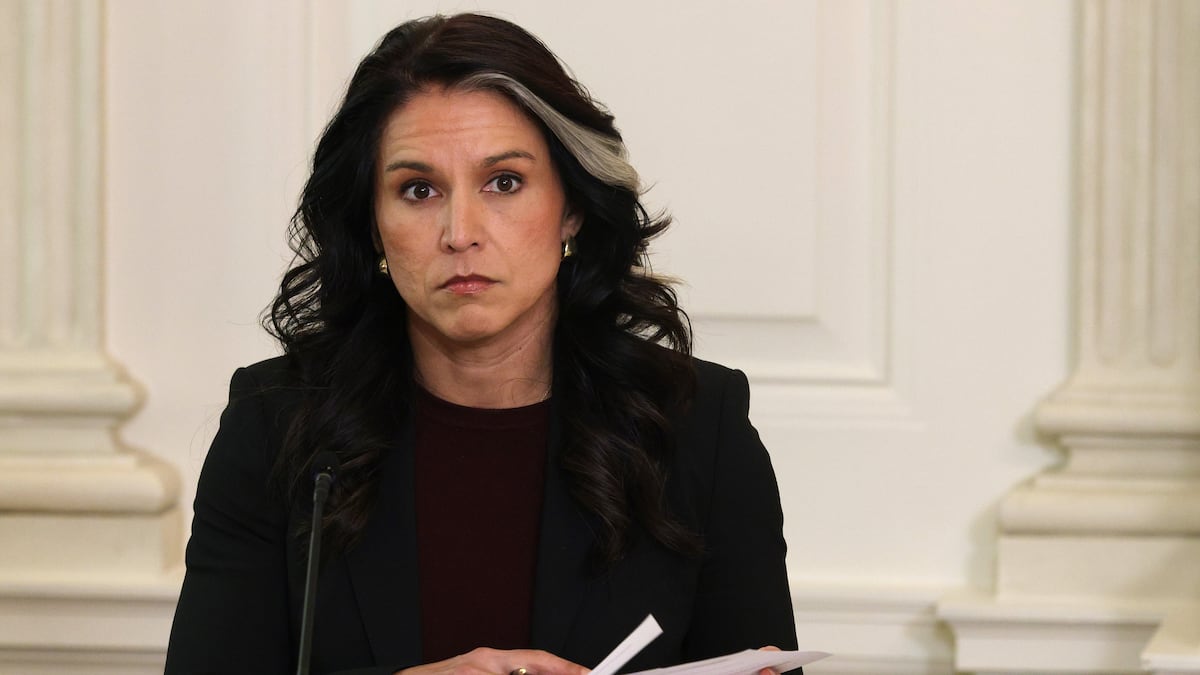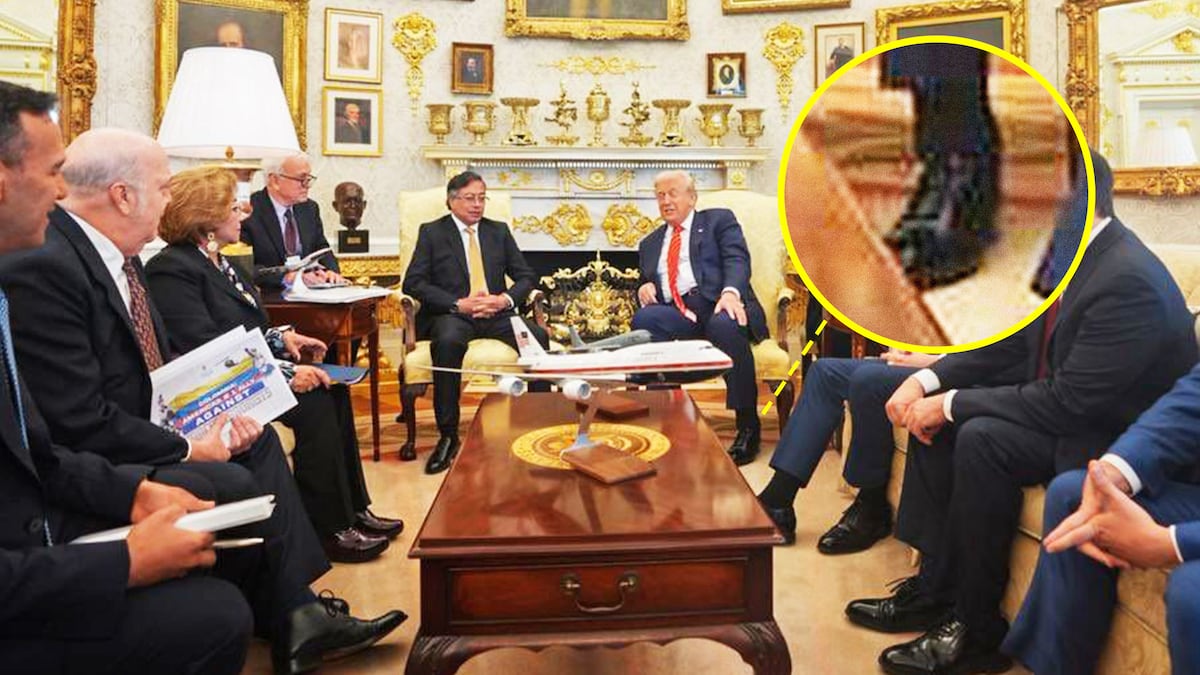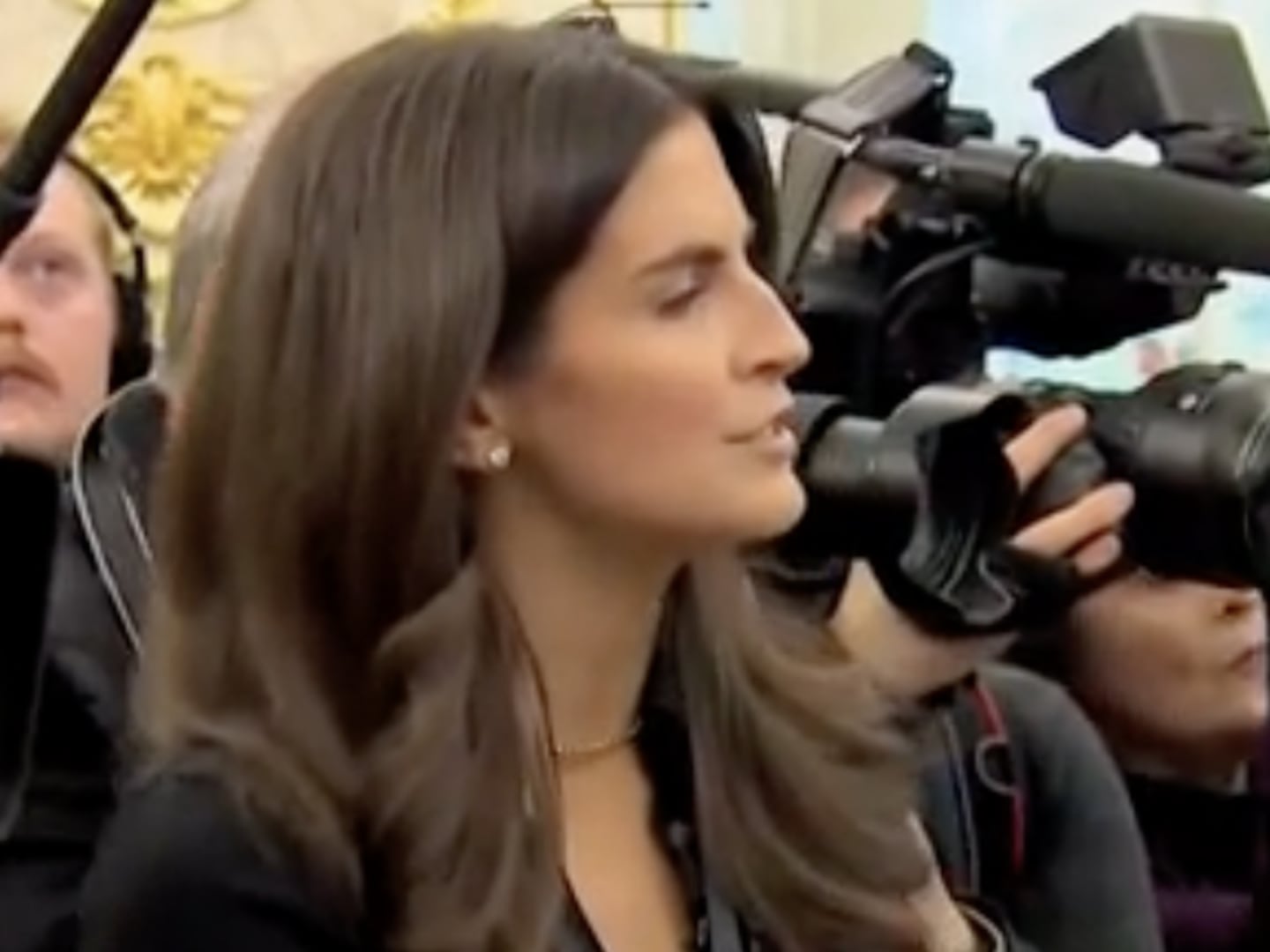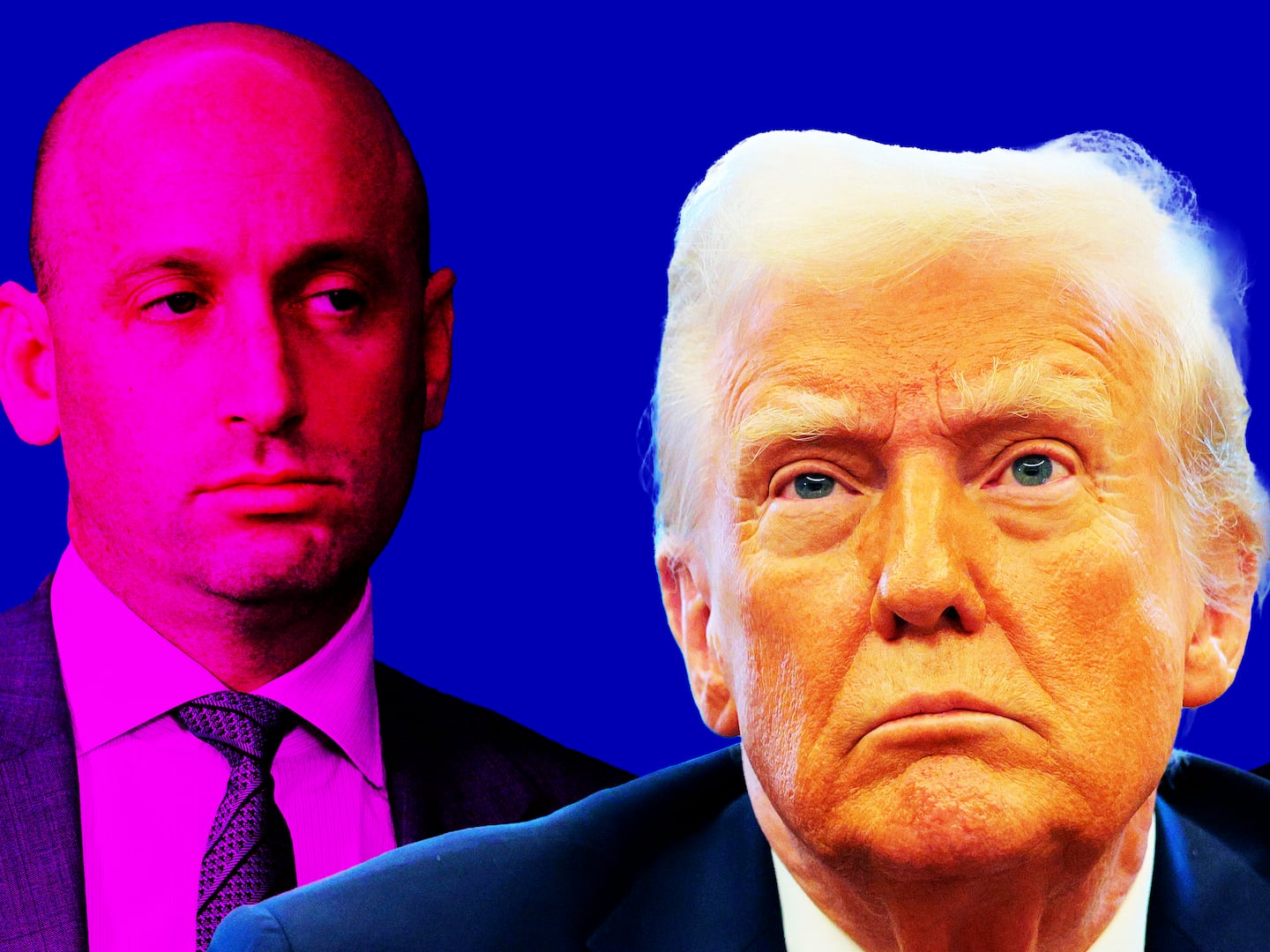It’s hard to recapture the power of a moment, but the White House is attempting to do just that with its announcement, timed to coincide with the Paris Unity march, of a February Summit in Washington on Countering Violent Extremism. The initial reaction among the pundit class was too little too late, and with the world seemingly on fire over Islamic-fueled terrorism, the White House had to fend off questions about why it was tiptoeing around the problem, using anodyne language about violent extremism instead of calling it what it is, terrorism perpetrated by Islamic extremists.
The roots of the White House response go back to when President Obama first took office and the administration stopped using the Bush-era phrase “war on terror,” since terrorism is a tactic, and narrowed its focus to al Qaeda. The upcoming summit, slated for February 18, originally was scheduled for last October and delayed, critics suspect, because of the midterm elections and the implication that al Qaeda was not on the run, as Obama had claimed in his reelection campaign.
With al Qaeda splintering and metastasizing into a lengthening list of terror groups and cells, the White House reached for its “convening power,” the ability to bring together people who can shed light on how to stop the recruitment of young people around the globe into murderous jihadist movements. “This is the issue of our time,” says Farah Pandith, a former special representative to Muslim communities who was appointed by former Secretary of State Hillary Clinton. “Thirteen years after 9/11, we know a lot about it,” she says, referring to the appeal Islamic extremism holds for young people as well as to where the money is coming from to spread its ideas.
Much of the funding comes from the Gulf States, including Saudi Arabia, a key U.S. ally—that promotes Wahhabism, the most extreme form of Islam. Born in India and a Muslim herself, Pandith has traveled to 80 countries talking to young Muslims. “It’s mind-blowing, the money to build shiny new mosques with a particular viewpoint,” she says. With the bad guys bombarding online sites 24/7, Pandith looks to the White House summit to marshal private-sector money and innovation to counter social media messages in this war of ideas.
Having blown a historic moment in Paris on Sunday, the White House is under pressure to make the summit more than a politically correct gabfest. With ISIS and al Qaeda] in the Arabian Peninsula and assorted other Islamist groups ramping up their rhetoric, “It’s very difficult for the White House to hold the verbal line,” says Bill Galston, a senior fellow at the Brookings Institution. From the start of the administration, and underscored by President Obama’s speech in Cairo in June 2009, the White House has been explicit about changing the conversation.
“The thinking is that in the current climate to call it Islamic extremism or violent Islamic extremism is to rub salt in the open wound of the West and the Muslim world,” says Galston. “That was then, and this is now. It’s hard to deny the evidence when ordinary people read about terrorism, nine times out of ten it’s al Qaeda, or ISIS, or Boko Haram, or Nidal Hasan, or the Tsarnaev brothers….”
Galston argues that it is not just a problem of nomenclature, an unwillingness to apply a label that might offend and is overly broad; he says it exposes a lack of strategic focus, and potentially weakens the government’s hand in the fight. “If you’re willing to use the phrase, then you can focus government resources on the ideological struggle against a named foe,” he says, adding that, “One of the reasons there’s so much craziness, the Saudis have spent upwards of $100 billion to disseminate it (Wahhabism), building mosques, supplying teachers and training imams. They’ve done a very good job of channeling internal dissent outward.
Are we prepared as part of this united front against violent extremism inspired by a misguided interpretation of Islam, are we prepared to confront the Saudis who have played a central role in spreading these tenets?”
Galston is saying out loud what many in Washington have been aware of in the aftermath of 9/11, when it was revealed that the 19 hijackers were of Saudi origin. Former Florida senator Bob Graham, who was chair of the Senate Select Committee that investigated the attacks, is pressing the Obama administration to make public 28 pages of the Senate report that document the Saudi role in funding and supporting the hijackers. He argues that the continued cover-up encourages the Saudis to continue spreading Wahhabism, and if Obama wants to seize the moment that Paris presents, he should declassify the 28 pages. “If Paris isn’t a turning point in our passivity toward the role the Saudis have played, what will it take?” he told The Daily Beast.
To the general public, the nomenclature of the upcoming summit doesn’t mean much, and participants no doubt will appreciate White House efforts to broaden the conversation and avoid further inflaming ideological and religious passions. Jack Pitney, a professor of politics at Claremont-McKenna College, says he understands the president’s reluctance “because there are an awful lot of good Americans who are Muslims, and we have Muslim allies throughout the world. On the other hand, to deny Islam had anything to do with this is like saying Catholicism had nothing to do with the IRA.” He adds, “Being Catholic, I get to say that.”
If Paris proves the tipping point many believe it could be, it will be Muslims who make the case, not the White House.

